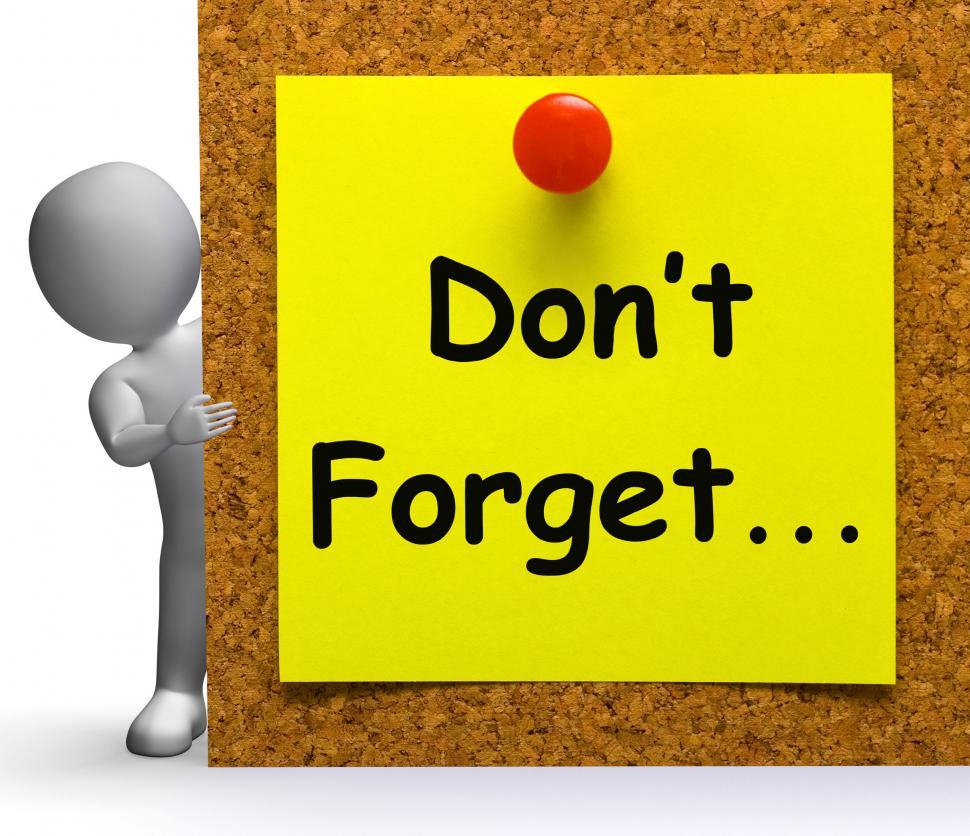What Is Dreaming And What Does It Inform Us About Memory?
2025.10.30 18:49
What's Dreaming and What Does It Tell Us about Memory Wave Method? Excerpted with permission fromThe Secret World of Sleep: The Surprising Science of the Thoughts at Rest, by Penelope A. Lewis. Obtainable from Palgrave Macmillan Trade. You are terrified and operating along a darkish, slim corridor. One thing very evil and scary is chasing you, but you’re unsure why. Your fear is compounded by the truth that your ft won’t do what you want-it appears like they are shifting by means of molasses. Nearly by definition, a dream is one thing you are conscious of at some stage. It could also be fragmentary, disconnected, and illogical, however if you aren’t conscious of it throughout sleep then it isn’t a dream. Many individuals will protest, "I by no means remember my dreams! " however that is a unique matter solely. Failing to remember a dream later on when you’re awake doesn’t imply you weren’t conscious of it when it occurred. It simply means the experience was never really carved into your memory, has decayed in storage, or isn’t accessible for straightforward name again.
If you are enjoying this text, consider supporting our award-winning journalism by subscribing. By buying a subscription you are helping to make sure the way forward for impactful tales about the discoveries and ideas shaping our world at present. All of us intuitively know what a dream is, but you’ll be stunned to study there’s no universally accepted definition of dreaming. One fairly secure catch-all is "all perceptions, thoughts, or emotions skilled during sleep." Because this may be very broad, there are additionally several alternative ways of score, ranking, and scoring dreams. For example, one makes use of an eight-level ranking system from zero (no dream) to 7 ("an extraordinarily long sequence of 5 or extra stages"). However let me backtrack. One goal of neuroscience is to map the brain loci of thoughts and mental experiences. All the pieces we see, imagine, Memory Wave or suppose about is linked to neural responses somewhere within the brain. Desires also have a home. Neural activity in the first sensory areas of the neocortex produces the impression of sensory perception.

 Because of this neurons firing in the first visual cortex create the illusion of seeing things, neurons firing in the primary auditory space create the illusion of listening to things, and so forth. If that firing happens at random, these perceptions can feel like loopy, randomly fragmented hallucinations. It is straightforward to imagine that the random imagery and sensations created in this fashion could be woven together to create a fancy, multisensory hallucination which we might name a dream. Do Desires Serve a Purpose? In contrast to an activation-synthesis mannequin, which views goals as epiphenomena-a simple by-product of neural processes in sleep-other scientists have steered that dreams serve an necessary function. As usual in psychology, there are lots of various ideas about what this function may very well be. Sigmund Freud’s suggestion that goals categorical forbidden wishes is of course essentially the most famous of those, but there are many different theories about what desires may do, many with more empirical assist than the Freudian view.
Because of this neurons firing in the first visual cortex create the illusion of seeing things, neurons firing in the primary auditory space create the illusion of listening to things, and so forth. If that firing happens at random, these perceptions can feel like loopy, randomly fragmented hallucinations. It is straightforward to imagine that the random imagery and sensations created in this fashion could be woven together to create a fancy, multisensory hallucination which we might name a dream. Do Desires Serve a Purpose? In contrast to an activation-synthesis mannequin, which views goals as epiphenomena-a simple by-product of neural processes in sleep-other scientists have steered that dreams serve an necessary function. As usual in psychology, there are lots of various ideas about what this function may very well be. Sigmund Freud’s suggestion that goals categorical forbidden wishes is of course essentially the most famous of those, but there are many different theories about what desires may do, many with more empirical assist than the Freudian view.
For example, the menace simulation speculation means that goals could provide a type of virtual reality simulation during which we will rehearse threatening situations, even when we don’t remember the desires. Presumably, this rehearsal would lead to better real-life responses, so the rehearsal is adaptive. Evidence supporting this comes from the large proportion of goals which embody a threatening scenario (more than 70 % in some research) and the fact that this share is way larger than the incidence of threats in the dreamer’s precise daytime life. Moreover, research of kids in two completely different areas of Palestine present that those that dwell in a more threatening environment even have a much higher incidence of menace of their goals. Reactions to these threats are virtually all the time relevant and wise, so the rehearsal (if that’s what it's) clearly includes plausible options, once more suggesting that they supply a kind of legitimate simulation of potential real-life eventualities. Another suggestion is that dreams affect the best way you are feeling the subsequent day, both in terms of mood or extra fundamental bodily states.




